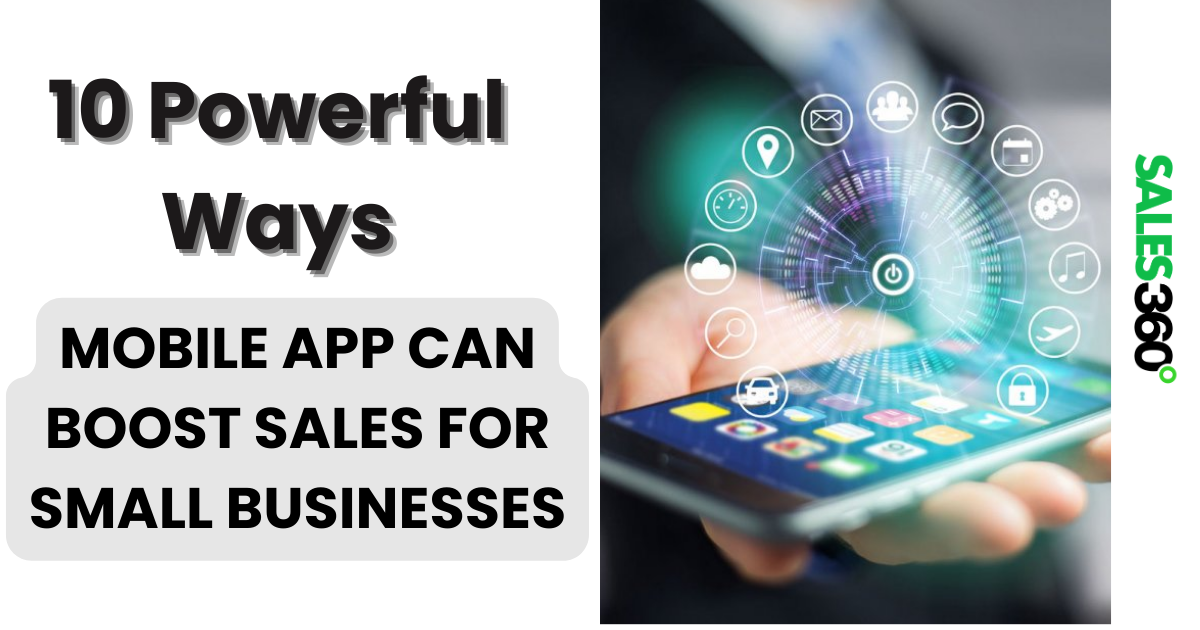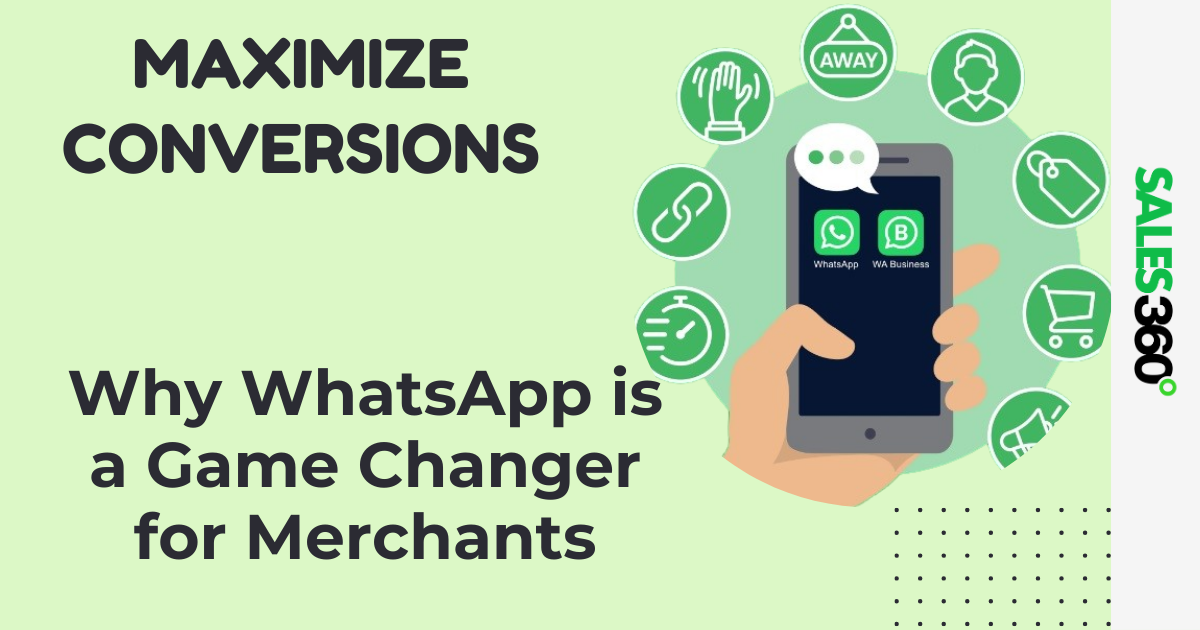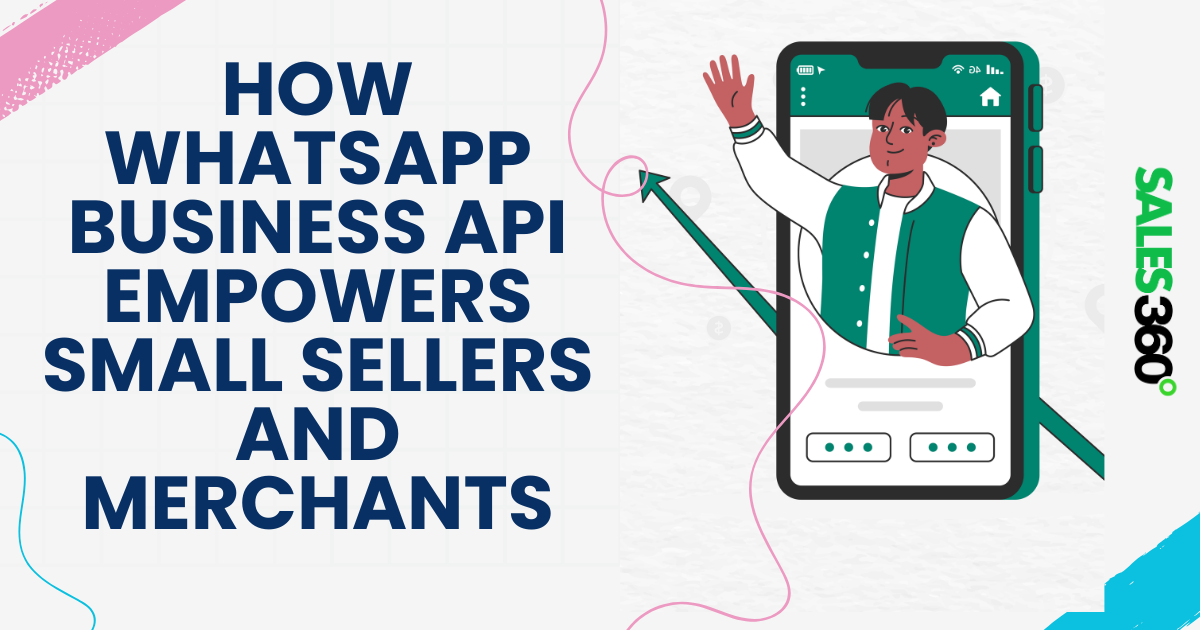
10 Powerful Ways a Mobile App Can Boost Sales for Small Businesses
As mobile technology continues to revolutionize industries, small businesses can significantly benefit by adopting mobile apps. In today’s digital landscape, mobile apps are no longer just for large corporations; they have become essential tools for small businesses to engage customers, boost sales, and enhance brand loyalty. With more consumers preferring mobile commerce, businesses that embrace mobile strategies can stay ahead of the competition and create a more personalized and efficient shopping experience. Here are 10 powerful ways a mobile app can help small businesses drive sales and growth.
1. Enhance Customer Engagement through Personalization
Personalization is key to keeping customers engaged and loyal to your business. With a mobile app, small businesses can offer personalized promotions and deals based on user behavior, preferences, and purchase history. By tracking how customers interact with your app, you can send them targeted offers, recommend products they are likely to buy, and create personalized loyalty programs that enhance their experience. Personalized engagement improves customer satisfaction and encourages repeat purchases, resulting in a steady increase in sales. Mobile apps allow businesses to foster closer relationships with their customers by delivering a unique, user-centric experience.
2. Increase Brand Visibility with a Dedicated App Icon
Having a mobile app means your brand is always visible on the customer’s device through the app icon. Unlike websites or social media pages that customers may visit only occasionally, an app icon stays on the home screen, serving as a constant reminder of your business. This persistent visibility boosts brand recognition and encourages users to engage with your app more frequently. Over time, it helps build a strong brand identity, making your small business more memorable and increasing the likelihood of repeat interactions.
3. Streamline the Shopping Experience with In-App Purchases
Mobile apps offer a smoother, more streamlined shopping experience compared to websites. With in-app purchases, businesses can provide customers with an easy checkout process, reducing the friction that often leads to cart abandonment. By integrating secure payment gateways and optimizing the checkout flow, apps make it convenient for users to browse, add products to their cart, and complete transactions in just a few taps. Simplifying the shopping journey can significantly boost conversion rates and drive more sales, especially for small businesses competing with larger e-commerce platforms.
4. Leverage Push Notifications to Drive Sales and Awareness
Push notifications are one of the most effective tools for driving customer engagement and boosting sales. With a mobile app, businesses can send real-time notifications to remind customers about promotions, restocks, or abandoned carts. Unlike emails or text messages, push notifications appear directly on the user’s device, making them hard to ignore. By sending timely, relevant, and personalized notifications, businesses can keep customers informed, encourage them to take action, and ultimately increase sales. These notifications also help maintain awareness of your brand without being intrusive.
5. Utilize Customer Feedback for Continuous Improvement and Retention
Mobile apps provide an easy way for customers to leave feedback, whether through reviews, ratings, or in-app surveys. This feedback loop is valuable for businesses looking to continuously improve their services and products. By listening to your customers’ thoughts, you can identify areas that need enhancement and make data-driven decisions to refine your offerings. Additionally, showing that you value customer feedback fosters trust and loyalty, encouraging customers to return to your app and recommend it to others. Continuous improvement based on user input can lead to higher customer retention and long-term business success.
6. Create Exclusive Offers and Promotions for App Users Only
One way to encourage more customers to download and use your mobile app is by offering exclusive deals and promotions that are available only through the app. Whether it’s limited-time discounts, early access to new products, or app-only rewards, these offers can drive app downloads and increase sales. App users feel special when they receive perks that aren’t available to the general public, creating a sense of exclusivity that motivates them to continue shopping through your app. Small businesses can use this strategy to build a loyal customer base and create consistent revenue streams.
7. Foster Community Building through Social Features in Your App
Mobile apps can serve as more than just a shopping platform; they can also foster community engagement. By incorporating social features like user forums, product reviews, or sharing options, businesses can encourage customers to interact with each other and the brand. These features create a sense of community where users can exchange ideas, share experiences, and recommend products, increasing customer loyalty. Small businesses can leverage this sense of belonging to build deeper relationships with their audience and enhance customer retention.
8. Analyze User Data to Understand Buying Patterns and Preferences
One of the most significant advantages of having a mobile app is the ability to collect and analyze user data. By tracking how customers interact with the app, businesses can gain valuable insights into buying patterns, preferences, and trends. This data can be used to optimize marketing strategies, recommend products, and personalize the shopping experience. With the right analytics tools, small businesses can make data-driven decisions that boost sales and improve customer satisfaction. Understanding your audience is key to staying ahead in a competitive market.
9. Expand Your Reach with Mobile-Friendly Marketing Strategies
Mobile apps allow businesses to integrate their marketing efforts seamlessly across multiple platforms. From email marketing to social media sharing, a mobile app can help expand your reach and drive more traffic to your business. By incorporating mobile-friendly marketing strategies, businesses can engage customers wherever they are, whether through social media ads, influencer partnerships, or in-app promotions. These strategies enable small businesses to compete with larger companies by leveraging the power of mobile commerce to attract a broader audience.
10. Stay Ahead of Competitors by Offering an Innovative Shopping Experience
As mobile commerce continues to grow, businesses that offer a cutting-edge shopping experience will stand out from the competition. By incorporating features like augmented reality (AR) for virtual product trials, AI-driven recommendations, and voice search capabilities, small businesses can provide customers with an innovative and enjoyable shopping journey. Staying ahead of technological trends and constantly improving the app experience can help small businesses differentiate themselves in a crowded market and attract tech-savvy consumers.
Conclusion: Embrace the Power of Mobile Apps to Transform Your Business
Mobile apps have become a game-changer for small businesses looking to boost sales, enhance customer engagement, and stay competitive in the digital age. By leveraging the many features and benefits that mobile apps offer, small businesses can provide personalized experiences, streamline transactions, and build a loyal customer base. Investing in a mobile app is no longer an option but a necessity for businesses aiming to thrive in today’s mobile-first world. Embrace the power of mobile technology to transform your business and take your sales to new heights!


